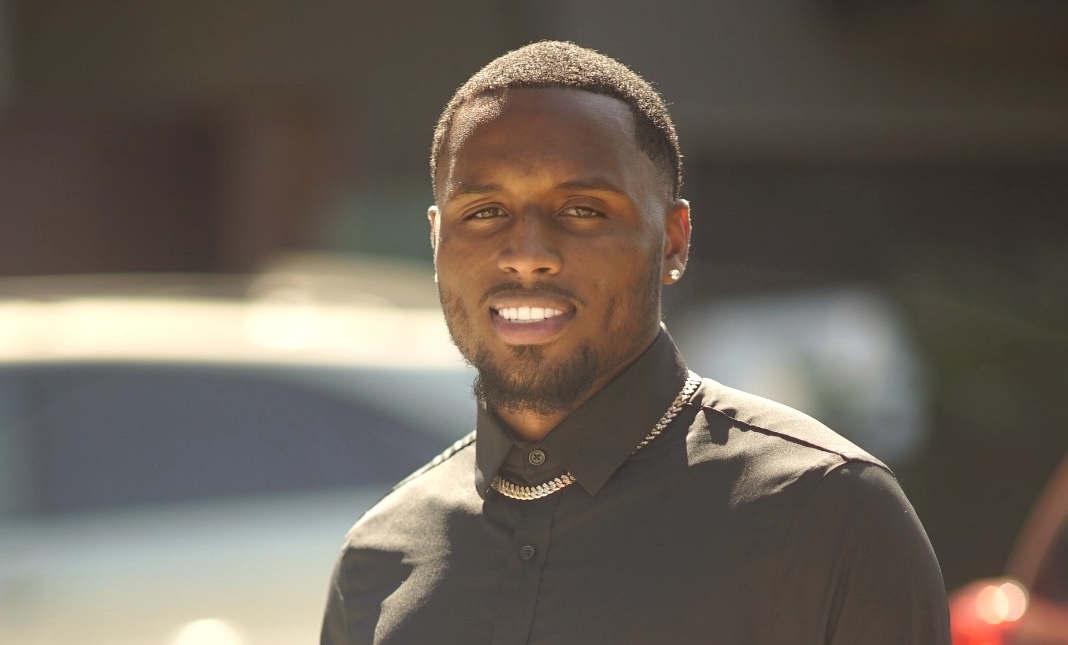Last summer (July 2023) in our monthly problem gambling news update we reported on the indefinite suspensions of six NFL players who violated league gambling policies. Among the players named in the scandal was Isaiah Rodgers, who at the time was a cornerback for the Indianapolis Colts. This week (April 2024) the NFL reinstated five players suspended for gambling last season, but the eager Philadelphia Eagles (who picked up the cornerback) have to wait awhile longer as the 26-year old Isaiah Rodgers wasn’t among them. Sports media is keeping an eye on when he will be reinstated while following along on his off-season training. Kindbridge, however, is focusing on something else regarding the athlete’s status – the mental health work he has put in during his time away from the game.
The promising star has been working with behavioral health specialists, and in realizing the advantages of counseling has opened up about his experiences to the benefit of others. After learning about how Kindbridge Behavioral Health works with athletes, Rodgers connected to Kindbridge to share his own mental health journey. Please watch the Isaiah Rodgers interview below:
There are some important takeaways to consider from the interview. Namely, Rodgers discusses the emotional hardship that he faced after suddenly losing his father in adolescence:
“I lost my dad in 2013. I was only 15, it was my freshman year of high school. It was the day after my freshman year, as soon as I got out of school. That was pretty much the hardest thing I’ve ever been through in my life.”
Research has shown that childhood adversity and life stressors in adolescence are associated with increased risk for behavioral health disorders in adulthood. Studies confirm that gambling disorder is known to be among them, with current stressors (i.e. pressures of being an elite athlete) being a moderating variable.
While Rodgers has taken full responsibility for his actions, we thought that it was important to reference the research. Ultimately, there is a rarely a straight line to be drawn between causations of policy violations. Elite athletes have an elevated vulnerability not just to physical injury, but a number of mental health issues. Admittedly, there is quandary regarding rules that are in place to protect the integrity of sport and finding room for sensitivity to athlete behavioral health. If an athlete owns up to wrongdoing, makes an effort to rectify it via support services, and shows dedication to spreading the message, it can prevent further destructive behavior. America should stand behind such a thing. In doing so we may encourage others in their shoes to seek much needed help. That’s why it’s so important to share the experiences unearthed in the Isaiah Rodgers interview. Further, it allows the narrative to focus more on positivity for the sake of the next generation, his own son included:
“That’s going to be the hardest part, especially with my son, with him having my exact same name. He might just Google his name for fun like I used to do as a kid and knowing what I’ve been through, the negativity that comes with me will pop up under his name.”
ESPN
Please share the interview (using this link or this article) with others who may benefit from Isaiah Rodgers’ story.
Does your story resemble that of Isaiah Rodgers? Or do you work with athletes who may also struggle with mental and behavioral health concerns? Connect to a Kindbridge care coordinator today.
Concerned Athletes, Teams, Organizations, and Leagues
CALL +1 (877) 426-4258
OR



